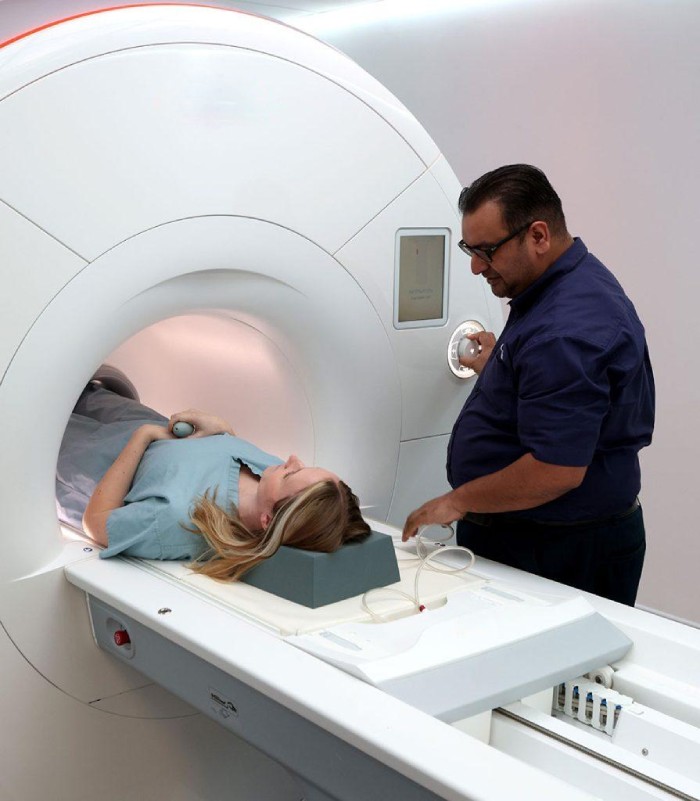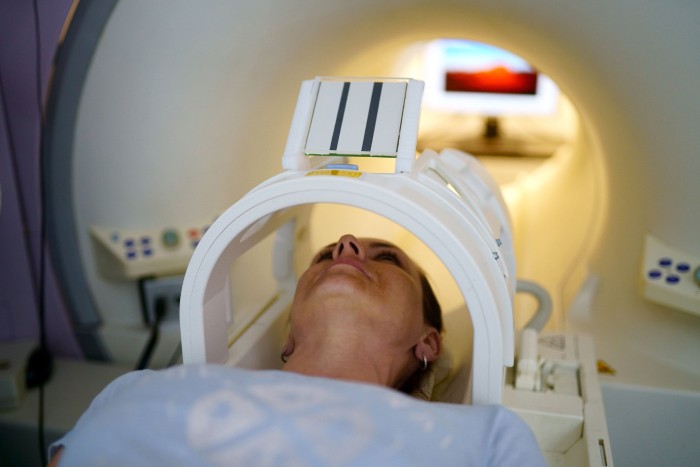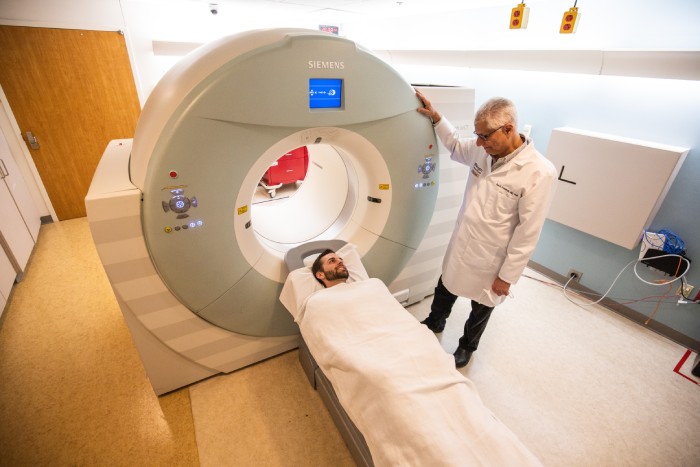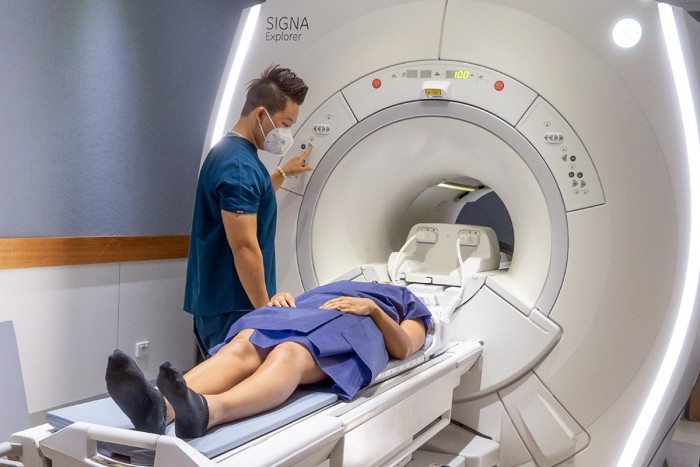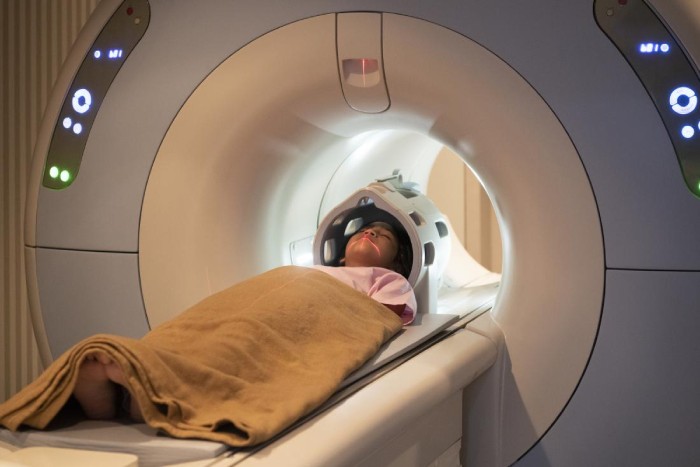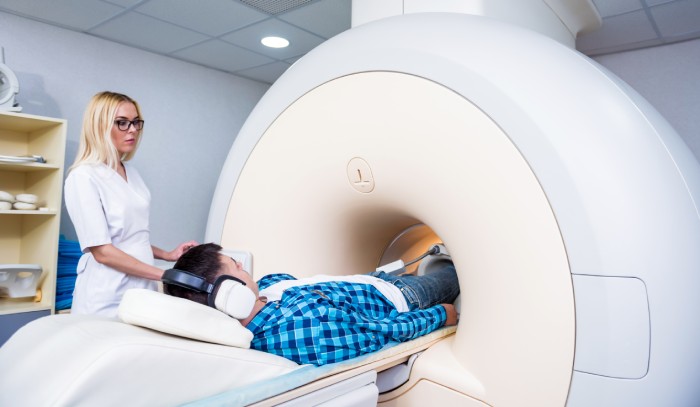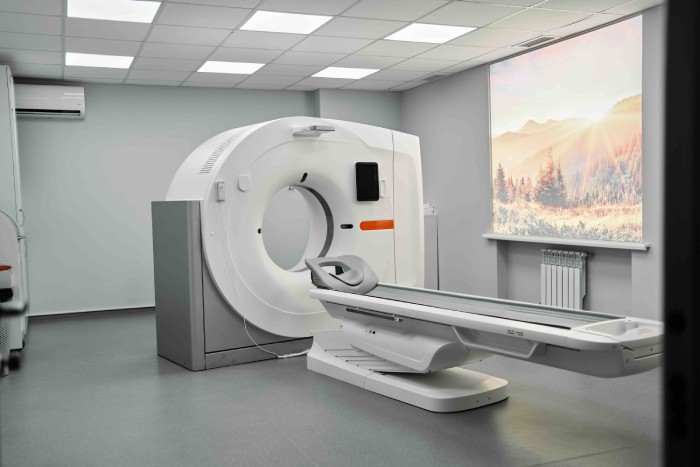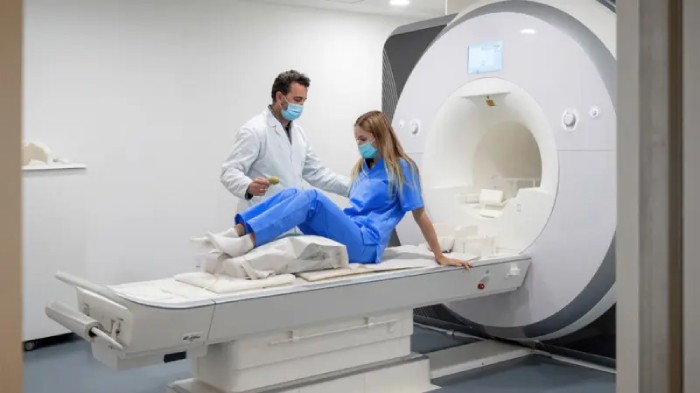Cardiology
Cardiology is the branch of medicine that focuses on the diagnosis, treatment, and prevention of diseases and disorders related to the heart and circulatory system. A medical professional who specializes in cardiology is called a cardiologist.
Key points about Cardiology include:
- Study of the heart: Cardiology is the branch of medicine that deals with the study, diagnosis, and treatment of diseases and disorders of the heart, as well as the circulatory system.
- Cardiovascular diseases: Cardiology focuses on various cardiovascular diseases, including coronary artery disease, heart failure, arrhythmias, valvular heart diseases, congenital heart defects, and more.
Why Cardiology are helpful?
- Diagnosis and treatment: Cardiologists specialize in diagnosing and treating diseases and conditions of the heart and circulatory system. They use a wide range of diagnostic tools and techniques to assess heart health, identify abnormalities, and determine the most appropriate treatment strategies. Their expertise helps in accurate diagnosis and tailored treatment plans for individual patients.
- Prevention and risk management: Cardiologists play a vital role in preventing cardiovascular diseases. They assess risk factors such as high blood pressure, high cholesterol, diabetes, obesity, and family history of heart disease. By identifying these risk factors early on, they can provide guidance on lifestyle modifications, prescribe medications, and monitor patients to prevent the development or progression of heart conditions.
Preparation:
- Academic foundation: Start by completing a strong educational foundation. Focus on subjects such as biology, chemistry, physics, and mathematics during high school. These subjects will provide a solid base for understanding the medical and scientific principles that underpin cardiology.
- Pre-medical studies: After high school, pursue a bachelor’s degree in a science-related field, such as biology, biochemistry, or physiology. It’s essential to maintain a high GPA and take courses that fulfill pre-medical requirements, including anatomy, physiology, genetics, and organic chemistry. Some universities offer pre-medical tracks specifically tailored for aspiring medical professionals.
Procedure:
- Electrocardiogram (ECG or EKG): An ECG is a non-invasive test that records the electrical activity of the heart. It helps detect abnormal heart rhythms, assess heart rate and rhythm, and identify signs of ischemia (lack of blood flow to the heart).
- Echocardiogram: An echocardiogram uses ultrasound technology to create images of the heart. It provides information about the heart’s structure, function, and blood flow. It is commonly used to diagnose and monitor conditions such as heart valve disorders, heart failure, and congenital heart defects.
Safety:
- Infection control: Healthcare-associated infections can pose a risk to patients, particularly those with compromised immune systems. In cardiology, rigorous infection control measures are followed, including proper hand hygiene, sterilization of equipment, and maintaining a clean environment in procedure rooms and patient care areas.
- Radiation safety: Some cardiology procedures, such as cardiac catheterization and angiography, involve the use of X-ray imaging. Radiological safety measures are implemented to minimize radiation exposure for both patients and healthcare providers. Lead aprons, shields, and collimation techniques are used to protect against radiation, and radiation doses are closely monitored and kept as low as reasonably achievable.
Diagnostic Applications:
- Electrocardiogram (ECG or EKG)
- Echocardiography
- Stress testing
- Holter monitoring
- Cardiac CT scan
- Cardiac MRI
- Cardiac catheterization
- Nuclear imaging
- Genetic testing
These diagnostic applications are essential in assessing and diagnosing various cardiovascular conditions. The selection of specific diagnostic tests depends on the patient’s symptoms, medical history, and the cardiologist’s clinical judgment. Each diagnostic tool provides unique information that helps guide treatment decisions and optimize patient care.
